
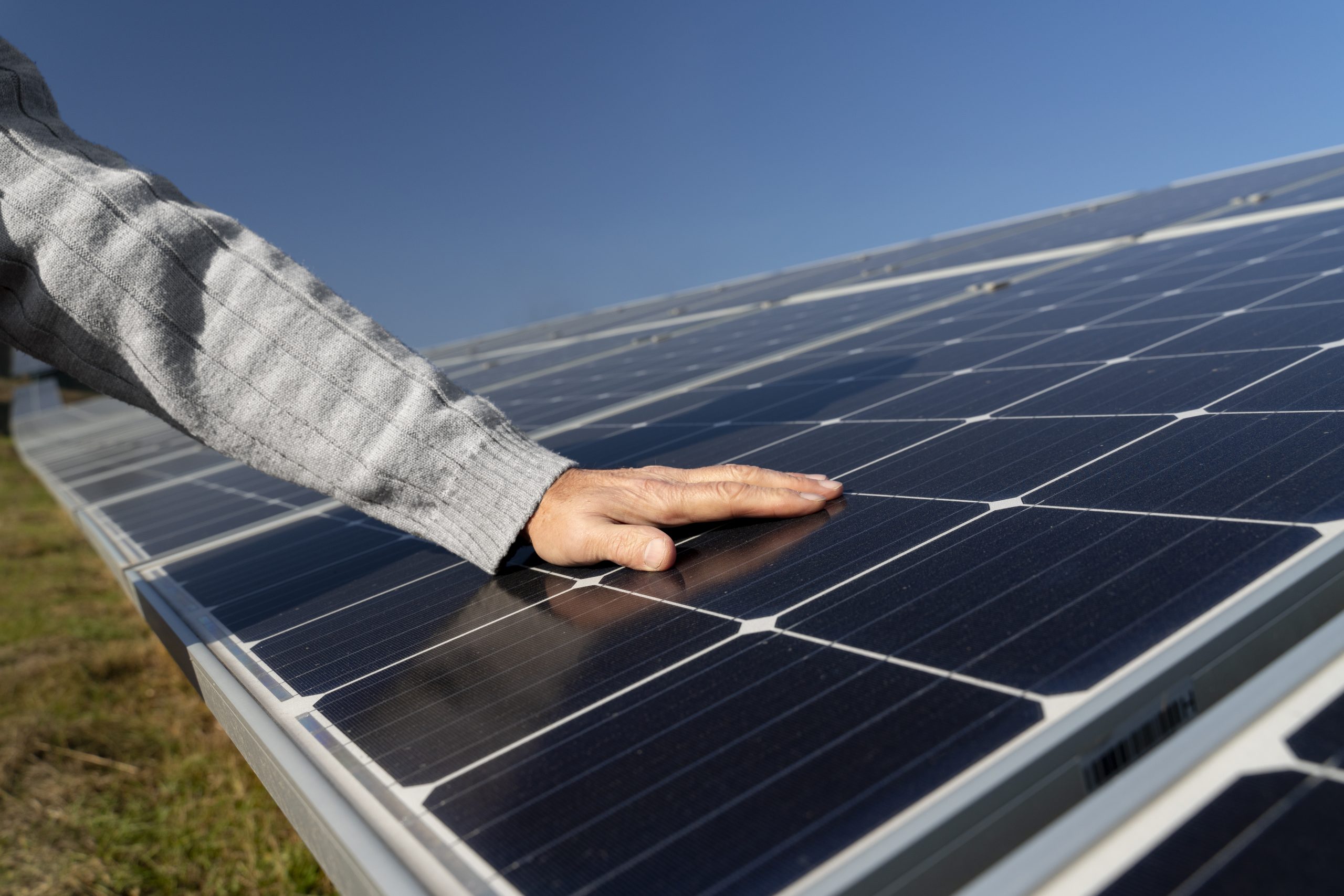


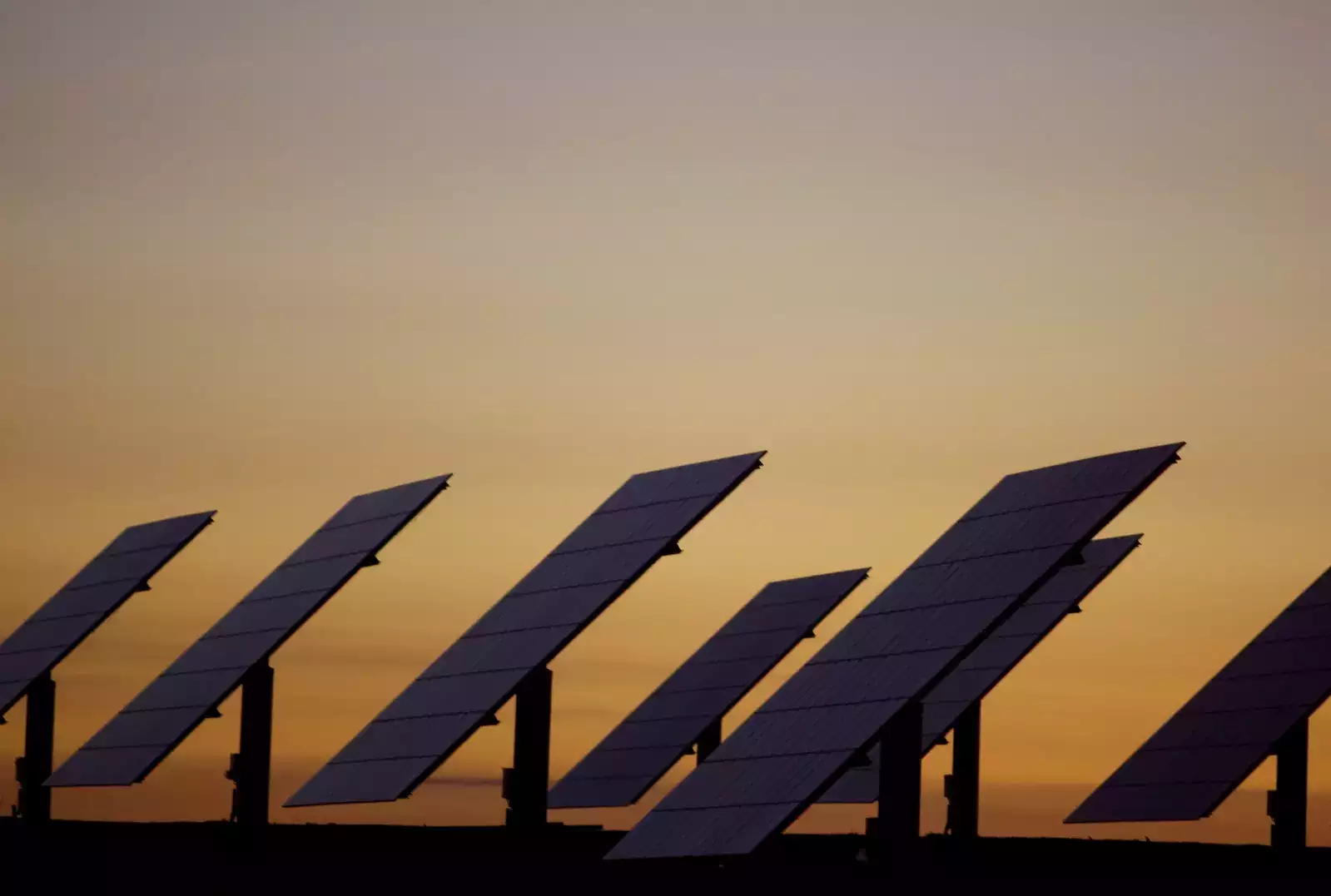
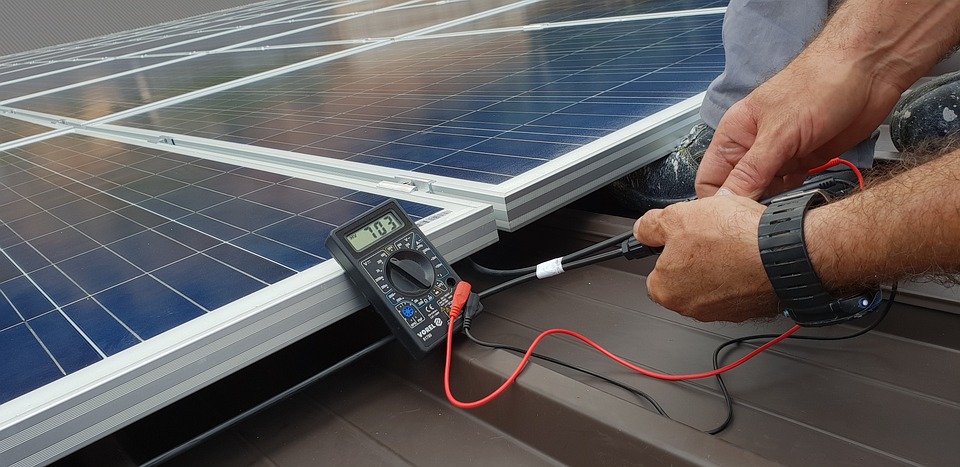
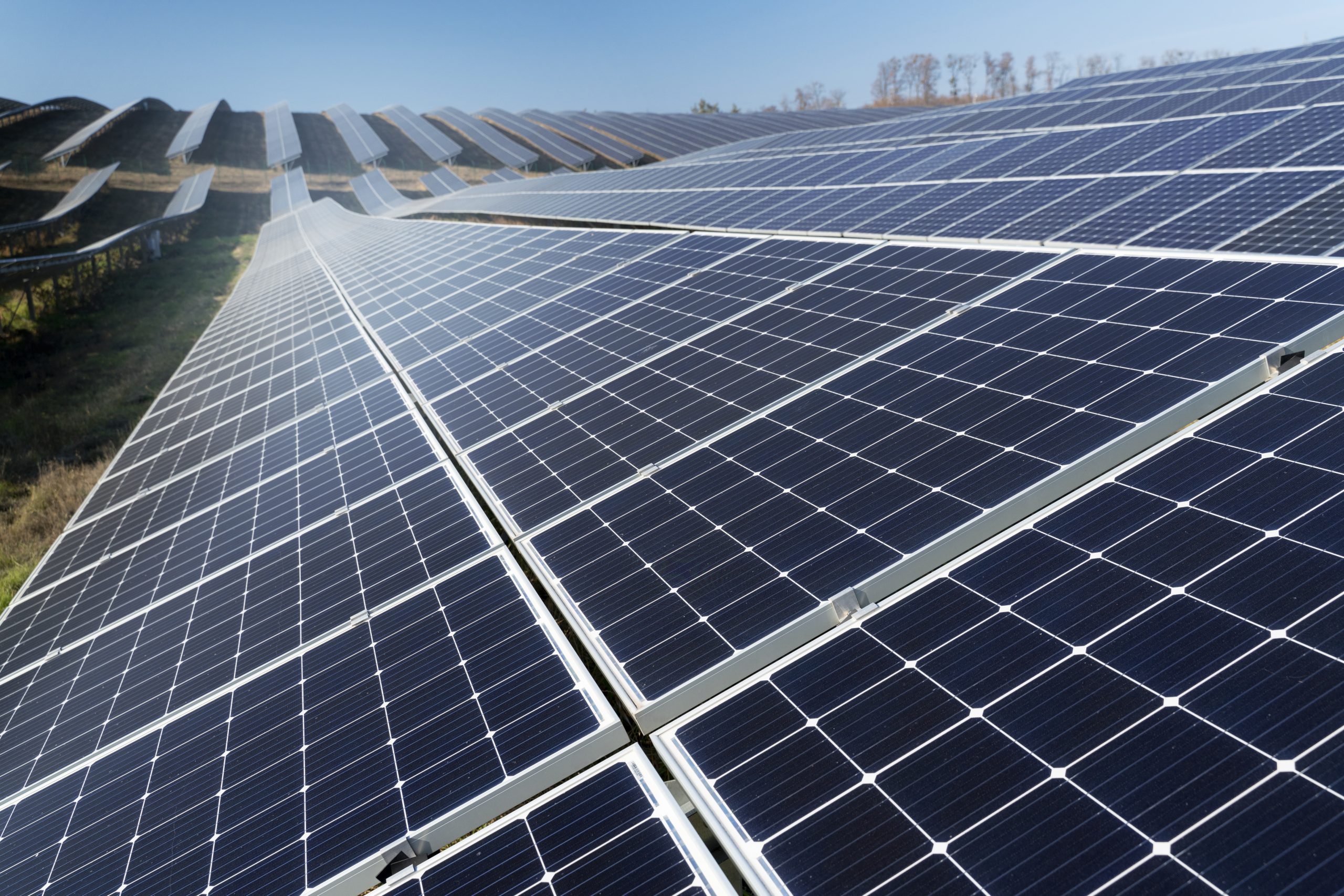
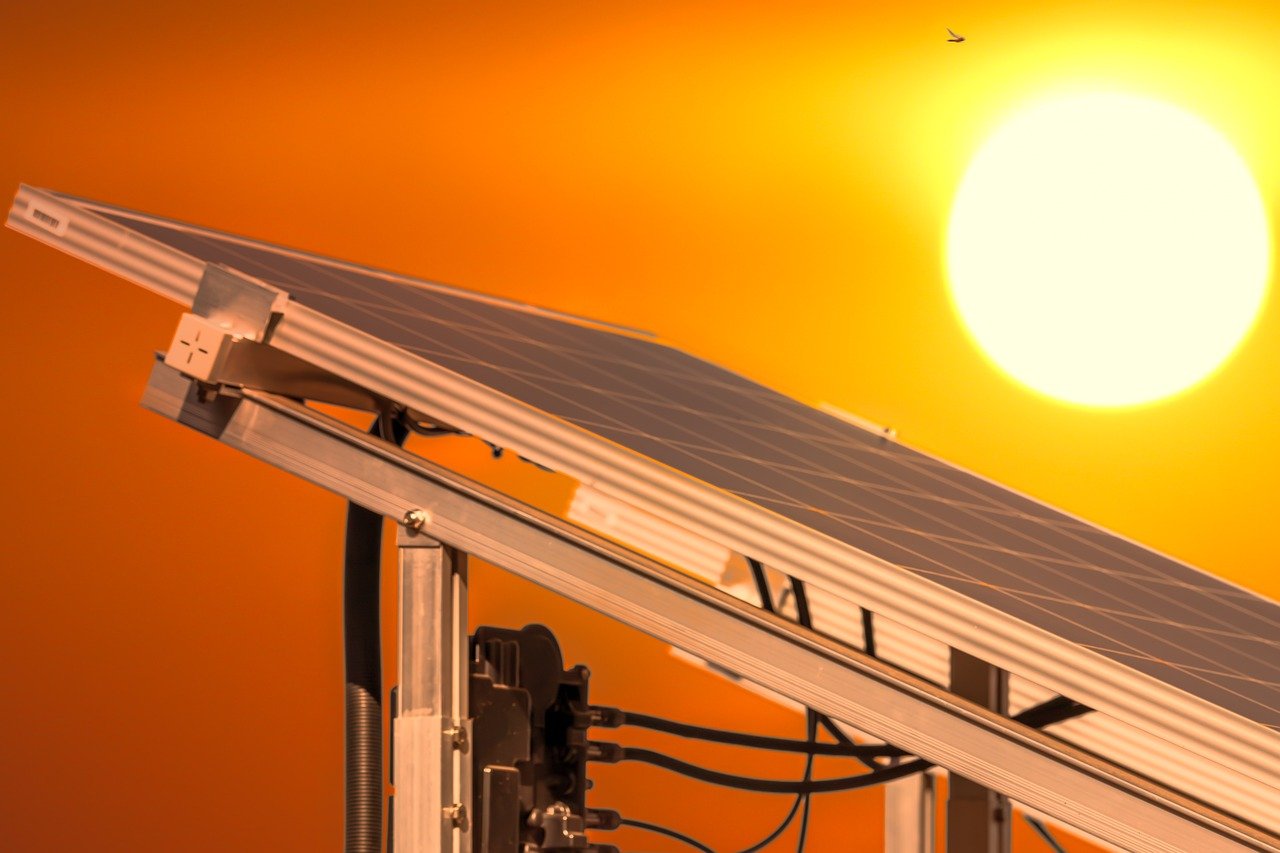

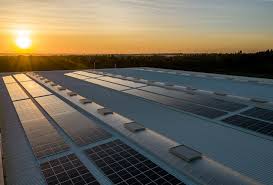
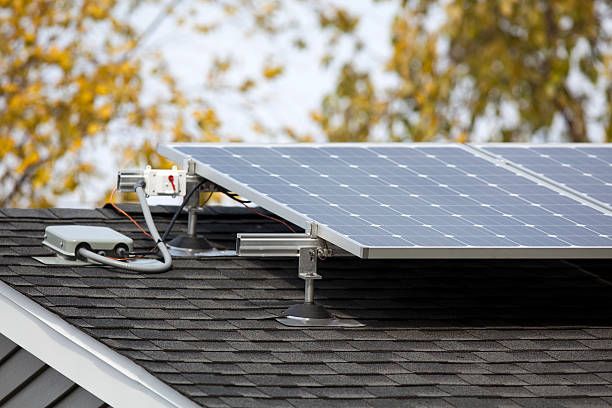
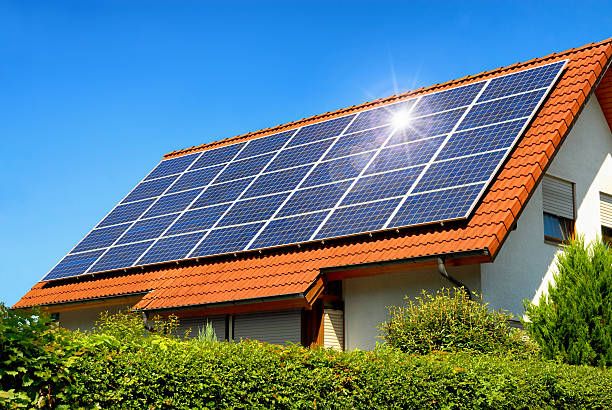
The Indian government has been actively promoting the adoption of solar energy through various policies and initiatives. As the country grapples with rising energy demands, depleting fossil fuel reserves, and the pressing need to reduce its carbon footprint, solar power presents a viable and sustainable solution. One of the key incentives being offered is the provision of subsidies for solar panel installations. But what exactly do these subsidies entail, and who is eligible to benefit from them.
Solar Subsidies in India:
The Indian government, through its Ministry of New and Renewable Energy (MNRE), has implemented several subsidy schemes to encourage the widespread adoption of solar power. These subsidies are designed to make solar energy more accessible and affordable for households, businesses, and larger-scale projects.
One of the most prominent subsidy programs is the Central Financial Assistance (CFA) scheme, which provides a direct subsidy to eligible beneficiaries for the installation of solar photovoltaic (PV) systems. The subsidy amount varies based on factors such as the system capacity, type of installation (residential, commercial, or industrial), and the location of the project.
Additionally, the government offers accelerated depreciation benefits and concessional customs duties on the import of solar panels and related equipment, further reducing the overall cost of solar power projects.
Eligibility Criteria for Solar Subsidies
The eligibility criteria for solar subsidies in India are primarily based on the category of the beneficiary and the capacity of the solar PV system being installed. Here’s a breakdown of the main categories:
1. Residential Sector:
Homeowners and residential societies can avail of subsidies for the installation of rooftop solar PV systems up to a certain capacity, typically ranging from 1 kW to 10 kW. These subsidies are aimed at promoting the adoption of solar energy at the household level and reducing reliance on conventional power sources.
2. Commercial and Industrial Sector:
Businesses, industries, and commercial establishments can benefit from subsidies for the installation of rooftop or ground-mounted solar PV systems. The subsidy amount and capacity limits vary based on the specific scheme and the industry sector.
3. Public Sector and Government Buildings:
Government buildings, educational institutions, hospitals, and other public sector organizations are eligible for subsidies to install solar PV systems. These subsidies often cover a higher percentage of the total cost, encouraging the adoption of solar energy in the public sector.
4. Utility-Scale Solar Projects:
Large-scale solar power projects, such as solar parks and utility-scale solar farms, can also receive subsidies and incentives from the government. These projects play a crucial role in meeting the country’s renewable energy targets and promoting the growth of the solar industry.
Steps to Apply for Solar Subsidies
To avail of solar subsidies in India, interested parties must follow a specific application process. Here are the general steps involved:
1. Identify the appropriate subsidy scheme based on the category and capacity of the solar PV system.
2. Obtain the necessary approvals and clearances from relevant authorities, such as state nodal agencies or electrical inspectorates.
3. Submit the required documentation, including technical specifications, project proposals, and cost estimates.
4. Undergo a technical evaluation and site inspection by designated agencies or committees.
5. Upon approval, proceed with the installation of the solar PV system according to the specified guidelines.
6. Submit the necessary documentation, such as completion reports and invoices, to claim the subsidy amount.
It’s important to note that the application process and documentation requirements may vary depending on the specific subsidy scheme and the state or region where the installation is taking place.
The Way Forward: Promoting Solar Adoption in India
The Indian government’s commitment to subsidizing solar power installations is a pivotal step towards achieving the country’s ambitious renewable energy targets and transitioning towards a more sustainable energy future. By reducing the upfront costs and making solar power more accessible, these subsidies have the potential to accelerate the adoption of solar energy across various sectors.
However, it is crucial to continuously evaluate and optimize these subsidy schemes to ensure their effectiveness and alignment with evolving market conditions and technological advancements. Additionally, addressing challenges such as streamlining application processes, ensuring transparent and efficient disbursement of subsidies, and promoting awareness among potential beneficiaries will be essential to maximizing the impact of these initiatives.
As India strives to meet its growing energy demands while mitigating the effects of climate change, solar power will undoubtedly play a pivotal role. The government’s commitment to providing subsidies for solar panel installations is a strong testament to the country’s dedication to embracing sustainable energy solutions and paving the way for a greener, more self-reliant future.
Waaree Energies Limited, a leading solar PV manufacturer and renewable energy solutions provider, has been at the forefront of India’s solar revolution. With a strong commitment to innovation, quality, and sustainability, Waaree has been actively contributing to the growth of the solar industry in India. By offering cutting-edge solar products and services, Waaree empowers individuals, businesses, and communities to harness the power of the sun and embrace a greener, more sustainable future. As a trusted partner in the solar ecosystem, Waaree continues to support the government’s initiatives and plays a pivotal role in driving India’s transition towards a renewable energy landscape.